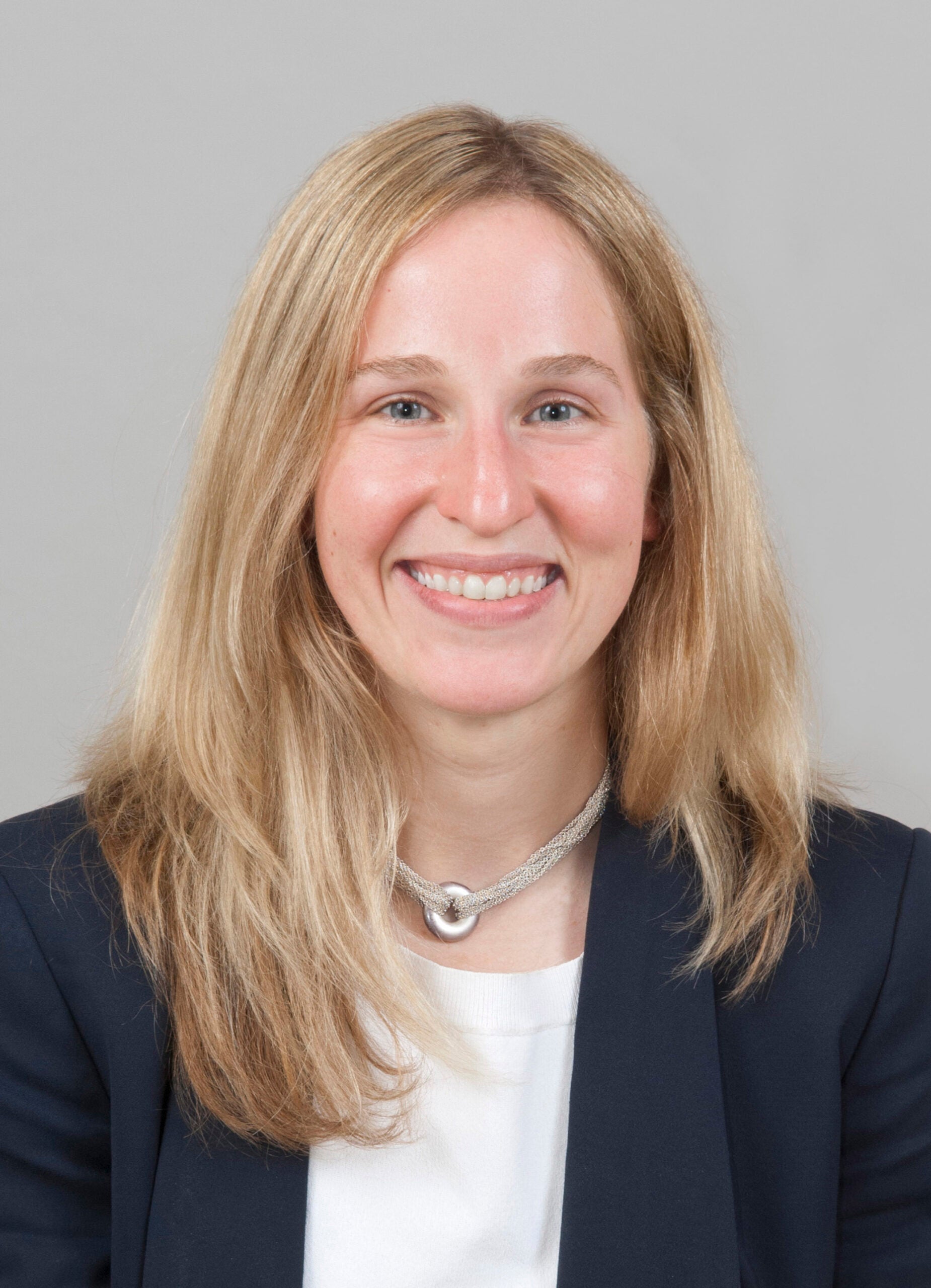Climenko Fellow Leah Litman coauthored the petitioner’s brief for clinics and doctors in Whole Women’s Health v. Hellerstedt, a case dealing with Texas state law restrictions on abortion clinic operations. In a hearing that ended nine years of relative silence from the Supreme Court on abortion rights, the Court held oral arguments for the case on March 2.
The petitioner’s brief in Whole Women’s Health urges the Court to overturn a Fifth Circuit opinion which, in petitioner’s view, “departs radically” from “fundamental principles” of Supreme Court precedent on abortion access. The Fifth Circuit decision, the brief argues, “upheld a pair of Texas laws that are the epitome of unnecessary health regulations.” One of the laws requires abortion facilities to meet standards set for ambulatory surgery centers, and the second requires physicians who perform abortions to have admitting privileges at a local hospital.
The Center for Reproductive Rights reached out to Litman about working on the brief after receiving her name from several people. Litman, who is at Harvard on the Climenko Fellowship for aspiring law professors, rounded out a team of lawyers from Morrison & Foerster, O’Connell & Soifer, and the nonprofit Center.
For the past two years, Litman has taught and published at HLS as a Climenko Fellow. Through the Climenko program, fellows teach First-Year Legal Research and Writing to about forty HLS students. The program also enables fellows to write and publish papers before entering the increasingly competitive legal teaching market.
In her time at Harvard, Litman has had several articles published by law reviews at Columbia, University of Virginia, and the University of Pennsylvania. And apart from her work on the Whole Women’s Health case, Litman is no stranger to writing for the Supreme Court. She previously clerked for Justice Anthony Kennedy in the 2011-2012 term, where she learned that “whenever [the Justice] was working through a case, he always had in mind the next case, the case that would be more difficult than the one before him.”
“Sometimes when you’re writing you can get tunnel vision —you become too convinced that you’re right and lose sight of the complexities and what the other side has going for it,” Litman said. “Justice Kennedy would never let that happen. More than that, he would always dignify the other side’s argument. I try as best I can to channel that as I’m writing and engage with the other side’s argument without losing sight of my own.”
In addition to her Supreme Court work in the abortion rights case, Litman has been recognized for her scholarship on federal resentencing following the Court’s decision last term in Johnson v. United States, striking down the “residual clause” of the Armed Career Criminal Act. As a Contributing Blogger on Casetext, Litman has written extensively about disagreement among circuit courts about the degree to which Johnson should apply retroactively. The answer to that question could change sentences for current federal prisoners.
Litman, who first became interested in federal sentencing retroactivity as an associate at Wilmer Hale, recently worked with Luke Beasley ’17 to co-author an amicus brief in another Supreme Court case, Welch v. United States. She also has garnered attention for an article, “Circuit Splits and Original Writs,” which was cited in a Supreme Court petition in In re Sharp.
As an undergraduate studying chemistry at Harvard College, Litman worked on gender and sexuality issues as the chair of Take Back the Night and a member of the Coalition Against Sexual Violence. She graduated first in her class from the University of Michigan Law School and served as editor in chief of the Michigan Law Review. Following law school, she clerked for Judge Jeffrey Sutton on the U.S. Court of Appeals for the Sixth Circuit before going on to clerk for Justice Kennedy.
Of Judge Sutton, Litman said she particularly admired his “incredible ability to boil down complicated ideas to their core and explain difficult legal concepts clearly and simply.”
At Litman’s invitation, Sutton has visited Harvard to speak to her first-year writing class about brief-writing. To her students, Litman said, the judge “repeats what he told me as a clerk: If you can’t explain your theory of the case in a page, you don’t have a theory of the case. And if you don’t have a theory of the case, you’re going to lose.”
The Climenko program, and specifically its Managing Director Susannah Barton Tobin, “has been really supportive of the pro bono work I’ve been doing along with writing scholarship and teaching,” Litman said. “I like being able to stay involved in practice because I want to be able to incorporate current controversies into my teaching, and stay on top of current topics in my scholarship.”
Litman also expressed appreciation for HLS students, saying she’s “been fortunate to have a lot of really great students who I’ve learned from in the course of teaching, and who have then helped me with the work I’ve been doing.” Litman said Katrina Flanagan ’17, who attended the Whole Women’s Health argument with her, “helped me a ton in thinking through the 70+ amicus briefs in the case,” as did Joseph Posimato ’17.
“[T]here are just a lot of really smart people around who are willing to help,” Litman said. “The other [Climenko] fellows have been super generous about reading the many (long) things I write about Johnson, and are always willing to talk through ideas. Having them as a resource and sounding board has been really wonderful.”
Litman will join University of California, Irvine in the fall as a tenure-track professor, teaching constitutional law, federal courts, and federal post-conviction review, and she said she looks forward to keeping up her commitment to public interest and pro bono work there.
